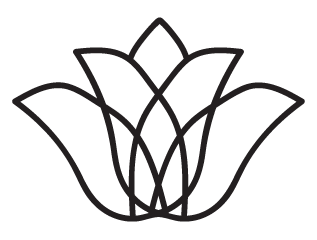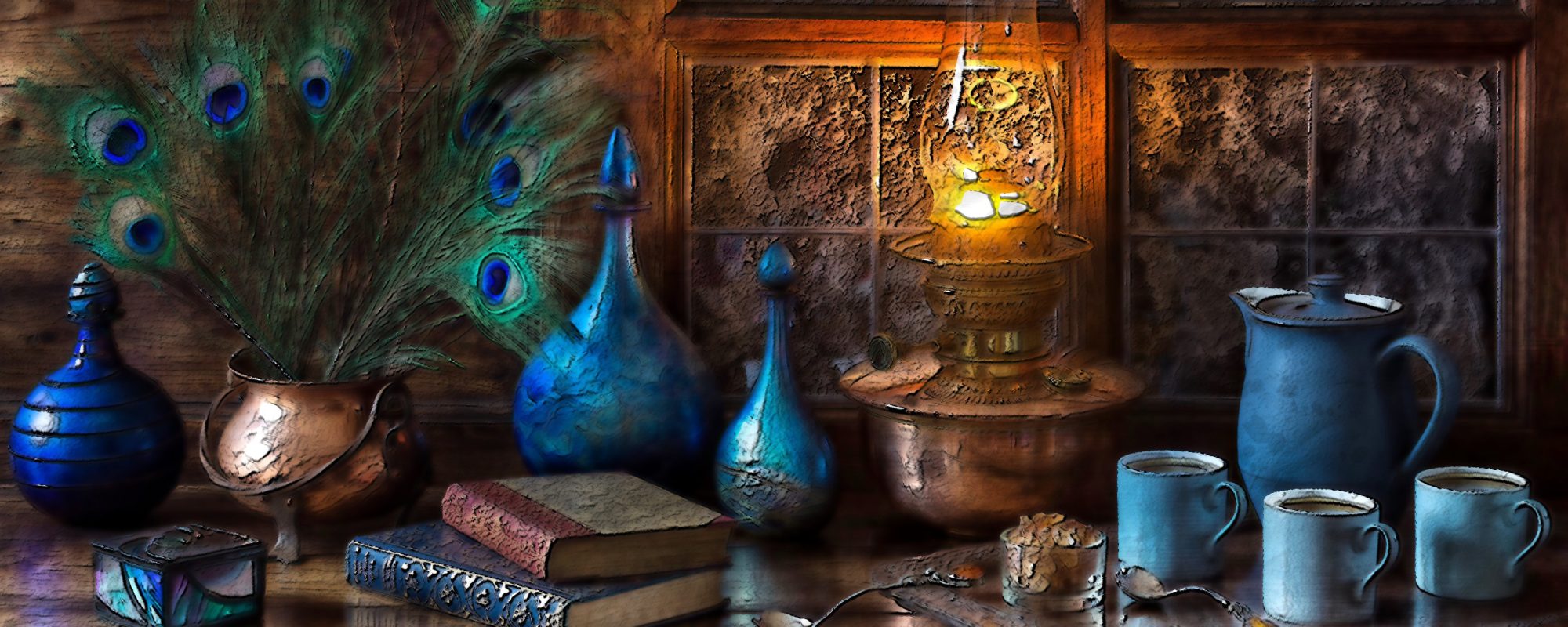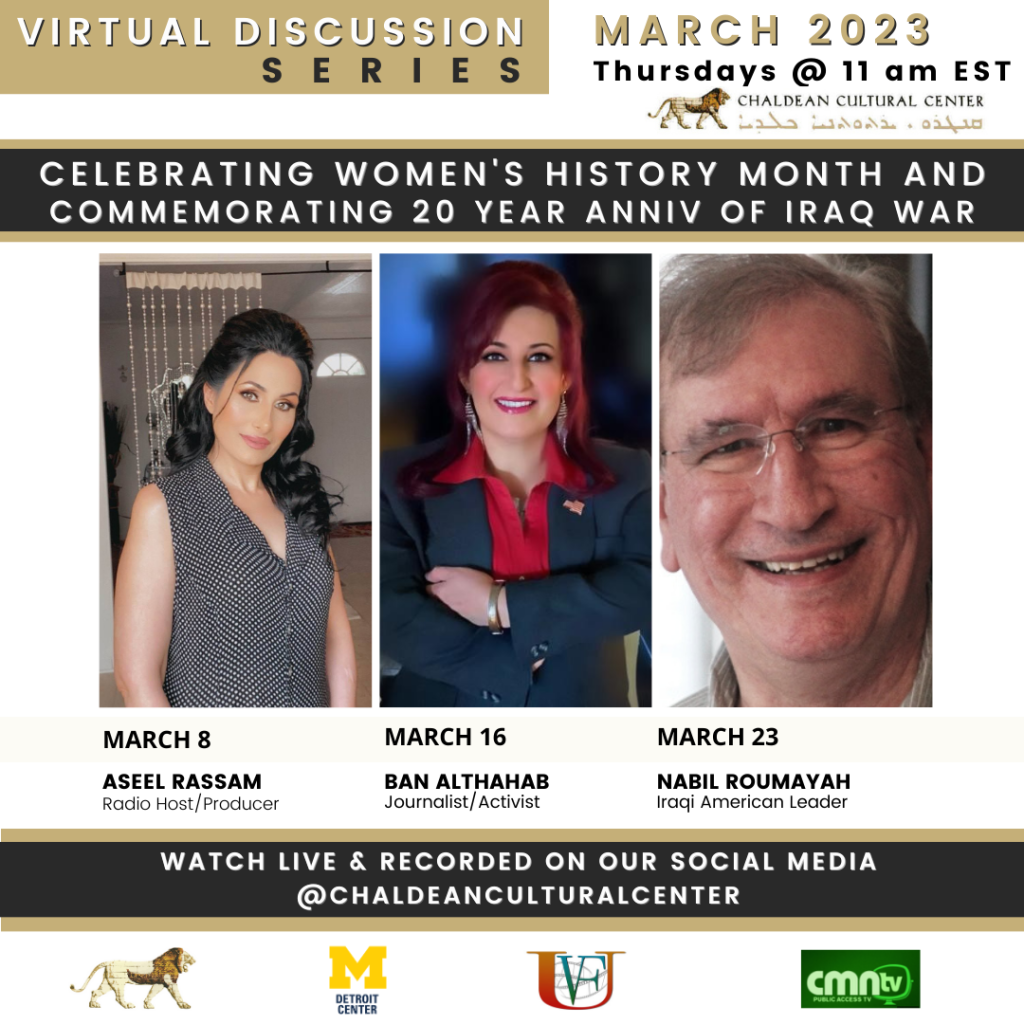I was on a cruise trip with a group of friends and family members when, the day before our trip ended, we saw on TV horrific acts of terrorism against Israeli civilians. We looked at each other and, shocked, said, “This is just like ISIS.”
The majority of those in our group had experienced some type of violence or oppression while living in Iraq. One man, during the early 70s, was snatched from his home and, without trial, condemned to execution for purchasing binoculars. He, a Christian, was accused of working as a spy with the Jews. He was able to convince the sergeant he’s not a spy and that he’d purchased the binoculars for personal interests. His wife remembers her school being forced to witness the hanging of the Jews at the public execution. A Muslim Kurdish woman was beaten by her three brothers for falling in love with a Christian man and went into a coma for a week. She ended up escaping out of Iraq and marrying the man.
There used to be a saying in the Middle East “After Saturday Comes Sunday” which meant, after we get rid of the Jews, a successful campaign in Iraq, then it’s the Christians’ turn, which was 90% successful so far. That region’s dark side is its inability to look within for a solution rather than point fingers. It has so many issues regarding diversity, women’s and children’s rights, and human rights. People rant about colonization when Muslims and Arabs colonized the entire Middle East over 1500 years ago, when the majority of the people were Christian and spoke Aramaic. Since then, the average Jew, Christian, and Muslim has tried to find ways for us to live together but extremist groups in those regions always ensured that does not happen.
What truly saddened many of us is seeing worldwide rallies passionately and immediately cheering the slaughter of people. Interestingly, no such groups came out when ISIS was killing Christians, Yazidis, Shias, and other minorities in Iraq in 2014. When ISIS attacked our ancestral land, I wrote a book called Iraqi Americans: Witnessing a Genocide and addressed all the groups who suffered at the hands of the terrorist group, or during the US invasion, such as the Sunnis. Why? Because my heart bled equally for all of them!

Palestinians deserve to have their own land, but these tactics are, to put it mildly, not wise and they are actually hurting the people in Gaza. The perpetual patterns of violence in the Middle East will continue without serious introspective. No peace will be experienced otherwise. War and vengeance are not the answer, not for the Palestinians, not for the Israelis, not for anyone. The definition of insanity is doing the same thing, expecting different results.
The same week that Hamas brutally attacked Israelis, my 16th book came out, The Oneida Man: Conversations with my Native American Friend. Chapter One of the book begins with the day I attend with my young children a neighborhood protest against the 2014 ISIS attacks. Since then, Iraqi Christians, Yazidis, and other minorities have faced significant challenges and continue to struggle with the aftermath of the mass killings, abductions, and forced conversions. Like Native Americans, the indigenous people of Iraq have suffered a great deal and have lifelong traumas. The difference is that my birth country has done little, if anything, to help heal these wounds.

Years later, I wrote a book called Pomegranate, which went on to be an internationally multi-award winning feature film, to help bring forth dialogue about tensions between the Christian and Muslim community in American as well as showcase the beautiful side of the Arab world. The Detroit Free Press featured it in its Entertainment Section, but the Muslim community cancelled the book talk organized by an interfaith organization.
The film has won over a dozen awards from around the world (France, New York, Italy, India, Sweden, Amsterdam, and elsewhere). It was currently chosen as an Official Selection World Independent Cinema Awards (Los Angeles). You can purchase tickets until Oct. 17 to get one week access to the film.

During my apprenticeship in Lynn V. Andrews’ mysticism school, I was asked to look at my dark side. In shamanism, the concept of the “dark side” typically refers to the shadow or hidden aspects of oneself. It represents the parts of the self that are repressed, denied, or considered negative or unacceptable. These can include unresolved traumas, fears, desires, or aspects of one’s personality that are considered undesirable. This was a tough thing to do, but also it was necessary in order to heal the traumas associated with my birth country, Iraq, and transform.
In these extraordinary times characterized by violence and destruction, there is an urgent call for us to engage in deep introspection for personal and collective growth and transformation. But to do that, we Middle Easterners must look at our dark side and have honest conversations.
Watch recent interview about Pomegranate And don’t miss out on the opportunity to watch and vote to show your support and help it reach even more people. Let’s amplify its impact and inspire a wave of transformation around the world. 🗳️🌊




















































